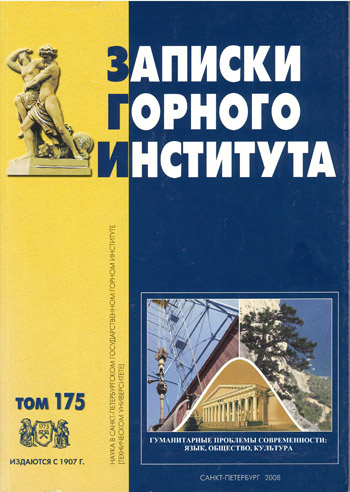Issues of History Methodology in the General History Course for Students of Technical Specialties
Authors:
About authors
- G.V. Plekhanov Saint Petersburg Mining Institute
Abstract
The article shows the role of information about historical science methodology for technical university students. The ideology of every nation is based on the myths and social images of different historic events. In the modern world different political forces due to their political reasons try to present to a society one or another historic event from the incorrect point of view. That is why the historical method must be presented to students, studying the course of Native History at a technical university. It is an only effective way of arming them against different kinds of falsifications in the sphere of historical information.
Область исследования:
(Archived) Problems of humanitarianization of education in a technical university
